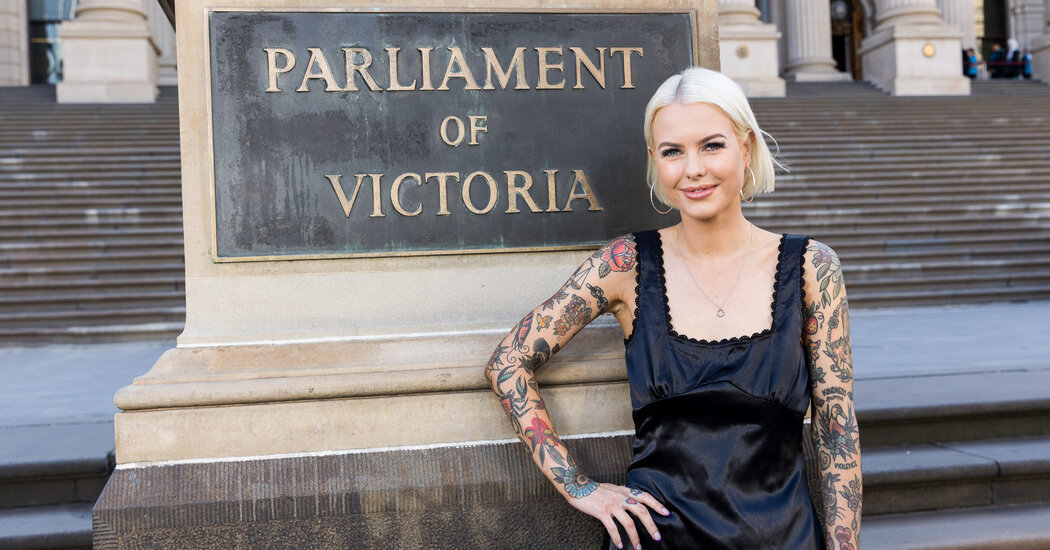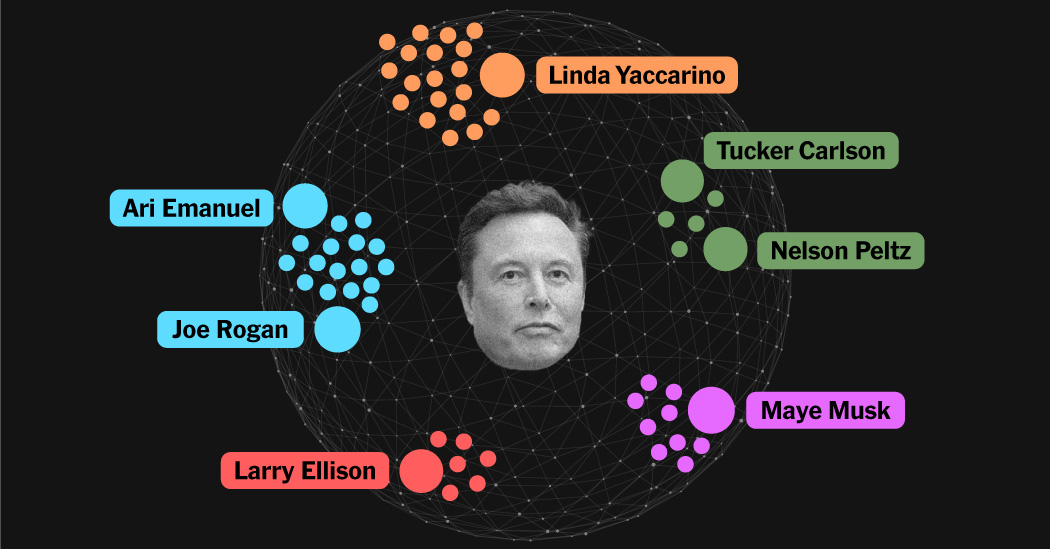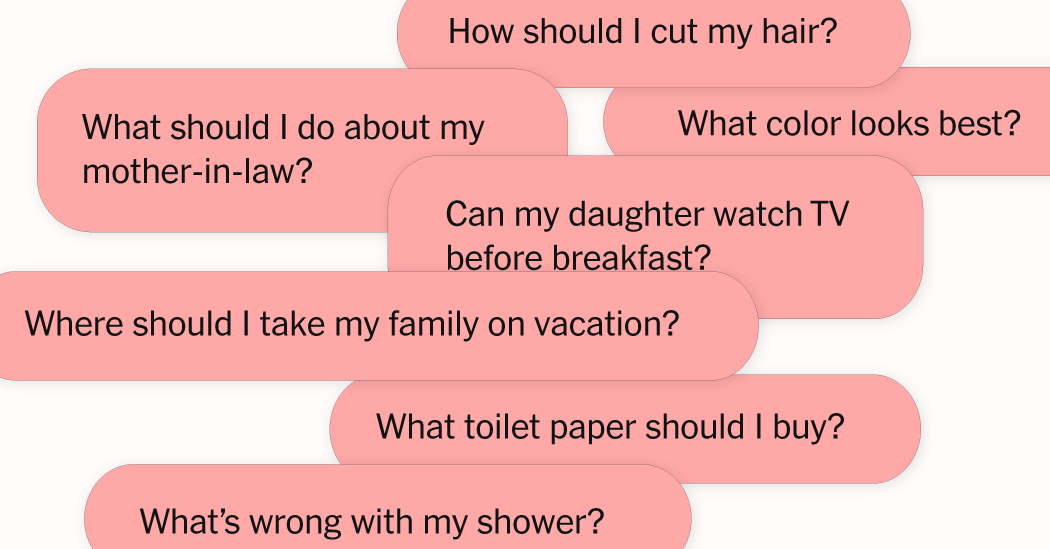A lawmaker in the Australian state of Victoria sat down to watch the nightly news on Monday, expecting to see herself featured as a prominent opponent of duck hunting.
But the member of Parliament, Georgie Purcell, noticed that in one photo used on 9News, the tattoos on her midriff were missing.
“I saw the image come up on the screen and I thought, ‘That’s really odd,’ because my stomach is heavily tattooed,” Ms. Purcell said on Wednesday.
She compared the image with the original photo, which was taken last year by a local newspaper and realized that not only had her tattoos been removed, but that her dress had been turned into a crop top and skirt. “They’ve given me chiseled abs and a boob job,” she said. “I felt really, really uncomfortable about it.”
After Ms. Purcell pointed out the modifications on the social media site X, female lawmakers and journalists labeled the editing as sexist and objectifying.
The news outlet, 9News, apologized to Ms. Purcell. In a statement, it called the changes a “graphics error” and blamed a Photoshop automation tool.
The outlet’s graphics department used an online photo of Ms. Purcell for a story, said a statement from Hugh Nailon, the outlet’s news director for Melbourne, which is in Victoria. In resizing the photo to fit the specifications of the news package, “The automation by Photoshop created an image that was not consistent with the original,” the statement said.
Ms. Purcell questioned the suggestion that there was no human element to the situation. A representative for Adobe, which owns Photoshop, said that edits to the image “would have required human intervention and approval.”
Nine, the company that owns 9News, did not respond to emailed requests for clarification. The Sydney Morning Herald newspaper, which is also owned by Nine, reported that the company said it had “confirmed there was human intervention in the decision to use the image.”
Some commentators familiar with working with Photoshop have suggested that if artificial intelligence is at fault, the modifications could have been made using a Photoshop tool that fills in blank space above or below an image with an automatically generated continuation of the image. Others, like, Rob Nicholls, a professorial fellow at the University of Technology Sydney, said the changes could have been made with an automatic enhancement function, similar to selfie filters that modify someone’s facial features.
The broadcast of the image, seemingly without someone checking that it was an accurate depiction of Ms. Purcell, shows that “using A.I. without strong editorial controls runs the risk of making very significant errors,” he said.
The incident shows that A.I. can replicate existing biases, he added. “I don’t think it’s coincidental that these issues tend to be gendered. ”
Ms. Purcell said she believed that similar edits made to images of other female lawmakers would have not been allowed to be broadcast but were in her case because of her background. “I’m young, I’m blond, I’m covered in tattoos, I have a past in sex work,” she said. “At the very least it’s started a very important conversation about the mistreatment of women in public life.”







